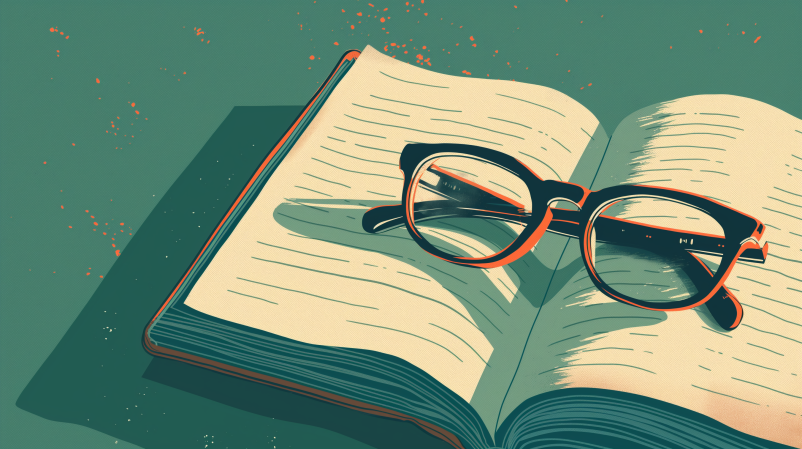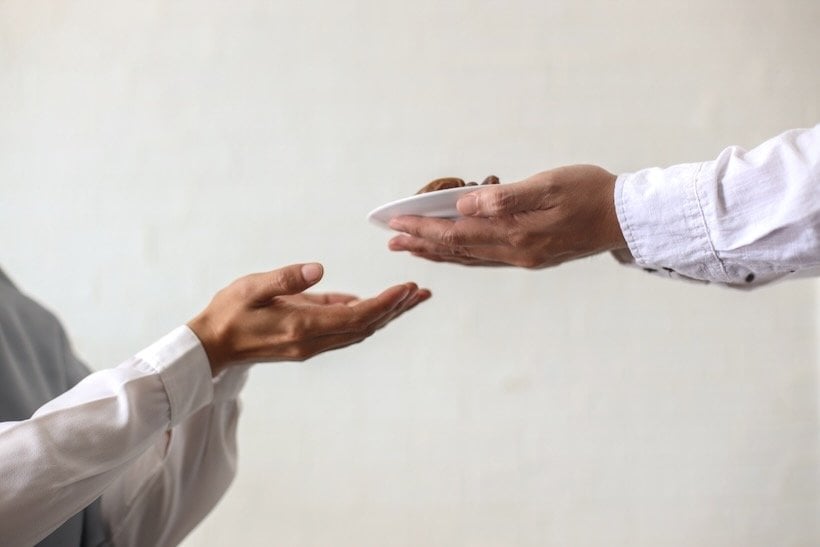At its heart, philanthropy is a beautiful thing, however it still falls victim to corruption and politicized decisions. The guests in these featured episodes of Track Two Podcast all work to improve the systems behind philanthropy in order to extend influence. They represent various communities and work to represent even more through their work. Each guest has approached philanthropy differently, but they all share a common goal.
‘The Spirit of Philanthropy’ with Jamia Jowers
Jamia Jowers is a strategist and director of international policy and development at The Harris School at the University of Chicago. Jowers was also a staffer with the National Security Council. Jowers’ resume is long and impressive, and it all stems from her passion to further diversity, equity and inclusion throughout the world.

Jowers grew up in a household where the idea “to whom much is given, much is required” was valued, and this upbringing fostered the energy and effort she puts into her work every day. “Future thinking” is another concept cohosts Sarah Gerber and Joanne Gouaux ask her about—the idea of how people create their own future. Jowers responds by talking about the genocide in Rwanda, a horrific event that inspired her to take action. When she later visited Nairobi, Kenya, working as a research assistant at the Center for Governance and Democracy, she noticed the inequality visible there, inequality that is common everywhere—food insecurity, large class differences, policing, bad governance, etc. “Everybody has privilege,” Jowers says. We all have some sort of privilege, whether it be our gender, nationality, class, family relationships, race or otherwise. Finding that privilege, appreciating it and using it to further philanthropic action is what’s important—not letting our privilege go to waste by helping those who aren’t afforded that same privilege. “We are decolorizing philanthropy in the ways of shifting leadership to local communities,” Jowers says.
‘Possibilities Within Philanthropy’ with Rachel D. Latimore
Gerber and Gouaux’s conversation with Rachel D. Latimore centers around her philanthropic journey and how she was able to create a flourishing career from it. Latimore is the manager of the Global Fellow Community Leadership Programs at Echoing Green, a social innovation fund built to support emerging social leaders and create positive global change. Latimore talks about personal agency, the different roles within philanthropy, asset building and how to serve communities—both when you identify with them and when you don’t. Her work with Echoing Green has given her a wide range of experiences and made her realize that “it’s about the opportunity to understand how you can contribute, how you can advocate, how you can lead, how you can follow,” she says. Latimore talks about the beautiful spectrum that is philanthropy and volunteerism; there is more to it than the leaders at the top.
‘Igniting Meaningful Conversations’ with Fred Dust
Fred Dust was a senior partner and global managing director at IDEO; He serves on multiple boards, including Sundance, NPR and The New School, to name a few. Dust is also an author, most recently having published Making Conversation: Seven Essential Elements of Meaningful Communication. Dust’s philanthropic journey began with his father’s charity dinners, and in conjunction with his grandmother’s love for storytelling, Dust found his passion in facilitating meaningful conversations.

“I think there are people who are really good at listening to the world. And it’s about how do you use creativity and imagination and joy and bring that to the hardest conversations in your life?” Dust has highlighted the power of communication and how it can realize physical change in communities. The conversation is always shifting, but as long as communication is kept open, there is space for new ideas and growth.
‘Philanthropy Through Public Policy’ with Sarah Berger Gonzalez
Sarah Berger Gonzalez is a social and financial innovator. Using her expertise in cash transfers, she finds creative improvements for disadvantaged communities, specifically in Latin America, Europe and Central Asia. Berger Gonzalez currently works as the program manager at the Basic Income Lab at Stanford University but used to serve as the social protection specialist at the World Bank.
Initially, Berger Gonzalez imagined herself as a lawyer, thinking she could make the biggest impact through legislation or, as she says: “I felt like this was my pathway because I did feel that if the laws were correct, then everything else would just follow.” However, when she did her Fulbright Scholarship in Chile, she saw the gaps between the reality of how people were living and the influence of legal protection. So instead, Berger Gonzalez went into public policy and started working at the World Bank, where she developed and managed income support programs to better combat poverty. It shows the different careers where philanthropy can be realized and how creativity within your role can maximize positive change.
‘How to Create Leaders’ with Wayne Clarke
This episode with Wayne Clarke highlights his work as the executive director at Oakland Impact Center, an organization focused on bringing help and resources to underserved communities and people. Having grown up in West Oakland himself, Clarke has seen the danger poverty and unequal treatment brings and how it affects young children attempting to make a life for themselves. The insight that Clarke has, having actually grown up in the community he is working to help, is invaluable.
Another point that Clarke brings up is the concept of self-sustainability. Too often charities attempting to do good create new dependencies instead of fueling independence. Clarke spends a lot of time and effort making sure that isn’t the case. He explains: “One of my main goals is to see the people who want to lead people to do philanthropy become the actual people who are now doing philanthropy.” Spreading a philanthropic culture and making volunteering accessible to implement into one’s lifestyle is something Clarke has been incredibly successful at in Oakland.
‘Dedicating Oneself to Humanity’ with Kathryn Bolles
In Track Two Podcast‘s season on civil society and philanthropy, they talk to Kathryn Bolles, the associate vice president of Save the Children U.S. Save the Children is a humanitarian aid organization that works internationally, through populated cities and rural communities, to make sure children have the education, medical care and resources they deserve. Bolles talks about the experiences in her life that helped drive her to philanthropy and how she was able to improve a difficult situation, not only for others, but also for herself. The pandemic has been hard on all of us, and although it has not affected everyone the same, Bolles describes the equalization of the playing field and the way charities are reacting with the lessons they’ve learned. As Bolles responds to a question about lessons taught by the pandemic she says, “The local solutions have struck me during the pandemic as being almost the only answer sometimes.” For these reasons, it is crucial that organizations work in conjunction with the community they are attempting to serve to allow for successful integration.






